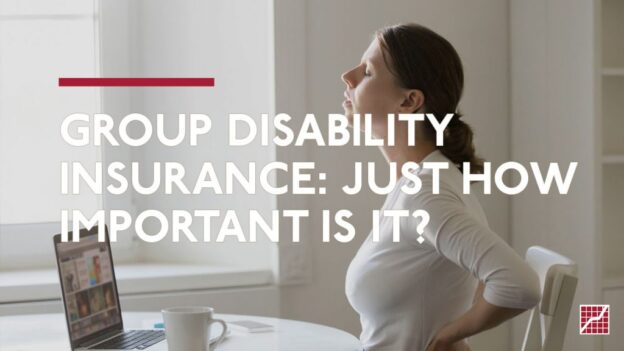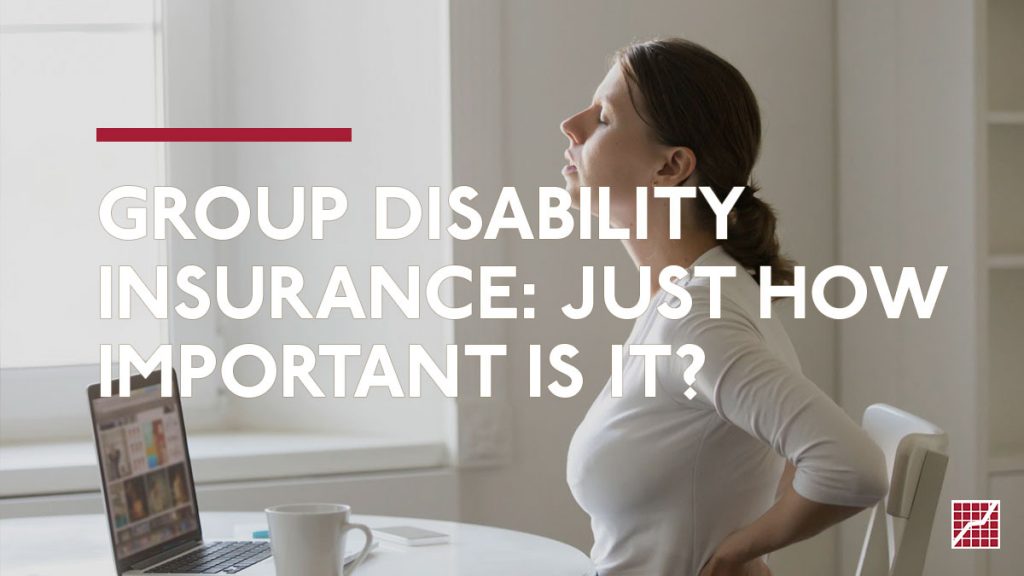
In today’s ever-evolving job market, employers are beginning to recognize the value of offering long-term care insurance benefits to their employees. It’s not just about enticing and retaining top talent; it’s also about helping employees plan for their financial future with confidence. However, the concepts of long-term care insurance and disability insurance can sometimes be muddled, creating confusion in the minds of many.
Both of these benefits play indispensable roles in an individual’s comprehensive financial strategy. Long-term care insurance and disability insurance share some commonalities:
- Group Coverage Accessibility: These benefits might be accessible to employees with limited or no health underwriting if offered through their workplace.
- Health Underwriting for Individual Coverage: When opting for more comprehensive benefits as individual policies, both long-term care and disability insurance typically require health underwriting.
- Integral Components of Financial Planning: Both these insurance types are integral components of a well-rounded financial plan, and their importance cannot be overstated.
Long-Term Care Insurance Helps Preserve Peace of Mind
Long-term care insurance stands as a safeguard against the financial strain incurred by those requiring assistance with daily activities due to chronic illness, disability, or aging. This type of insurance covers the costs associated with the care required, allowing policyholders to protect their assets and income. But why should someone invest in long-term care insurance?
- Choice and Control: It provides individuals with the autonomy to choose the type, quality, and location of care – be it at home, in a facility, or within a community.
- Relieving Loved Ones: It alleviates the burden on family members or friends who might otherwise need to provide caregiving, a task that can be emotionally draining for both parties.
- Financial Security: Long-term care insurance helps avoid impoverishment or reliance on public programs like Medicaid, which often come with limited coverage and strict eligibility criteria.
- Tax Benefits: Some policies offer tax incentives, providing additional motivation to invest in long-term care coverage.
- Strategic Planning: It helps in strategic financial planning to ensure adequate resources and support are in place to meet long-term care needs.
Disability Insurance Helps Safeguard Your Livelihood
On the other hand, disability insurance steps in to protect individuals against a loss of income if they are unable to work due to a disability. This disability could result from an illness or injury that hampers the ability to perform essential work functions. Disability insurance typically replaces a portion of the policyholder’s base salary, usually ranging from 40% to 70%, up to a specific limit.
Why should one consider disability insurance?
- Financial Protection: It offers financial security and peace of mind for those who depend on their income to support themselves and their families.
- High Risk of Disability: The risk of a prolonged disability is more significant than most people realize. According to the Social Security Administration, over one in four 20-year-olds will experience a disability lasting 90 days or more before reaching 67.
- Consequences of a Loss of Income: Without disability insurance, a loss of income due to a disability can have far-reaching consequences, including difficulty paying bills, saving for retirement, or maintaining a standard of living.
Both disability insurance and long-term care insurance are indispensable components of a comprehensive financial plan. While disability insurance ensures a continuation of income in the event of a covered condition that prevents work, long-term care insurance covers the costs of services like nursing home care, assisted living, or home health care – expenses typically not covered by health insurance or disability insurance.
For employers, offering both types of insurance can be a game-changer. It demonstrates a commitment to helping their teams prepare for various scenarios that could potentially lead to significant financial challenges down the road. By providing these vital insurance options, employers not only protect their workforce but also foster a more secure and productive work environment.
To explore how these insurance options can strengthen your financial planning or to discuss other strategies for a more financially secure future, don’t hesitate to reach out. Let’s start the conversation today. Your financial peace of mind is our priority.





